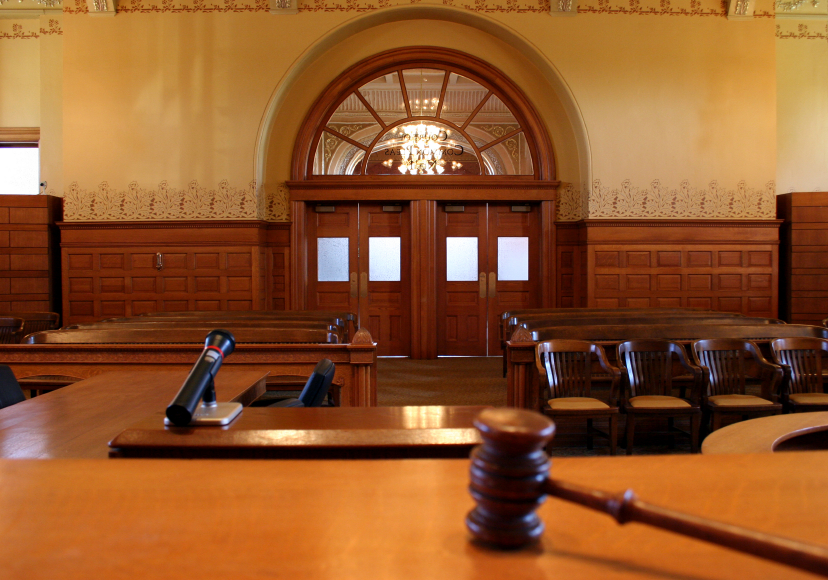What Happens After I Am Charged with a Crime?


Re-runs of Law & Order present a trimmed down and rushed idea of a courtroom. Each episode neatly divides it into investigation, arrest, and trial if there is enough time left, but the reality is much more complicated. If you have been charged with a crime, your criminal defense case will follow five key steps, each with their own procedures and timelines.
Arraignment
After you have been arrested and met with your attorney, you will appear in court for an arraignment. You will be introduced to the judge overseeing your case, as well as the prosecution, and learn about what crimes you are being charged with. At this point, you may enter a plea of guilty, not guilty, or no contest – any of which you can change at a later date. In preparation for the trial, the judge will inform you whether or not you may post a bond or if there are any limitations you must obey to avoid going to jail. You and your attorney will receive notices of future hearings, including dates for the pre-trial hearing and the trial.
Pre-Trial Hearings
Leading up to the trial, the defense and prosecution will meet before a judge to discuss the details of the case, including the relevant evidence, witnesses, and whether or not charges should be dismissed. Not all the issues of your case will be decided in one pre-trial hearing and multiple will occur leading up to the trial. Often, cases can be dismissed or charged during the pre-trial hearings as your defense attorney negotiates with the prosecutor.
Motion Hearings
Any time prior to the pre-trial hearings, attorneys from both the prosecution and defense can issue a motion before a court. Motions are often issued to handle specific problems that may arise during the trial, such as one side lacking information that the other has, or to dismiss the case or charge the defendant based on current court papers or arguments. Motions often involve their own hearings which will take place separate from the pre-trial hearings.
Readiness Hearing
The readiness hearing is the last step before the court trial and is generally used to inform the judge that both the defense and prosecution are ready to move forward. The schedule of a readiness hearing will vary from case to case but is often shorter for cases involving petty crimes. Your case may even be resolved by this point in the process.
Trial
While your case may not reach this point, court trials can occur as a trial by jury or a bench trial. The trial by jury will involve a jury of your peers who will provide a judgment, while a bench trial involves only the judge.
How a San Diego Criminal Defense Attorney Can Help Your Case
If you have been charged with a crime, you are facing any number of penalties including months to years in jail, fines, probation, and a criminal record. Our San Diego criminal defense lawyers at jD LAW, P.C. are well-versed in the legal defenses to a wide range of crimes and understands each step in a defense case thoroughly. Call us at (760) 630-2000 to begin a detailed review of your case.
Don’t Waste Any Time!
Call us today for a FREE Consultation
(760) 630-2000


- Criminal Law Expert - Led by a Board Certified Criminal Law Specialist. Read More
- 100s of Cases Tried - Since 1990, James Dicks has represented hundreds of clients. Read Bio
- Client Approved - Read our online testimonials from satisfied jD LAW Clients. Yelp Reviews
- May 30, 2024
When Juveniles Are Accused of Violent Crimes - May 20, 2024
What Should You Do During a Traffic Stop? - May 10, 2024
The Legal Concept of ‘Intent’ in Theft Crime …
 RSS
RSS




